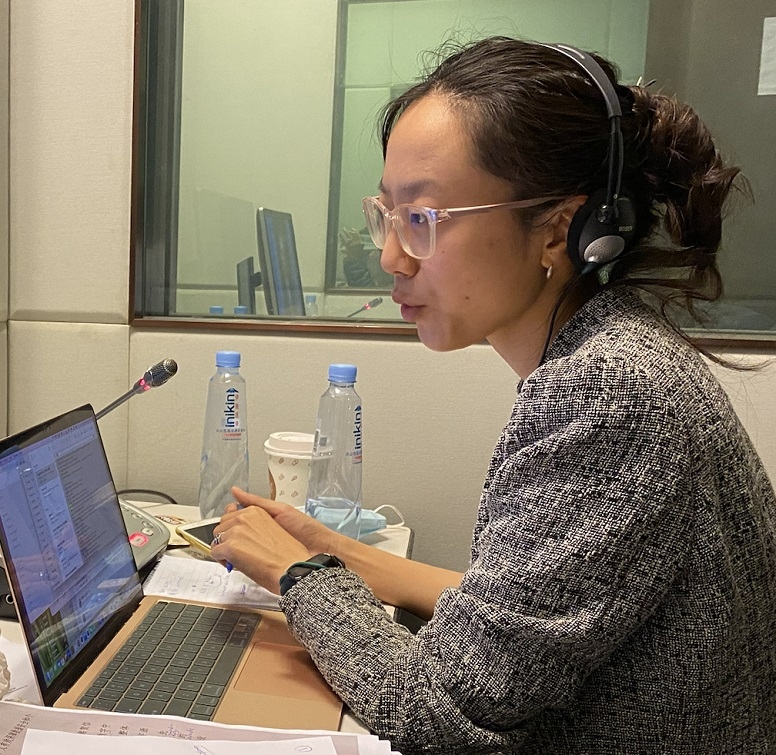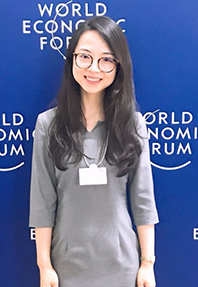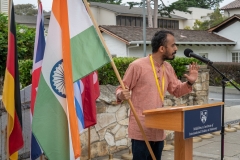Two Institute Students Pass “Legendarily Difficult” Federal Court Interpreters Exam
| by Jason Warburg
Middlebury Institute students Andrew Belisle MACI ’23 and Leilani Padilla-Young MATI ’22 both recently passed the notoriously difficult Federal Court Interpreter Certification Examination, qualifying them to serve as interpreters in any federal courtroom.





